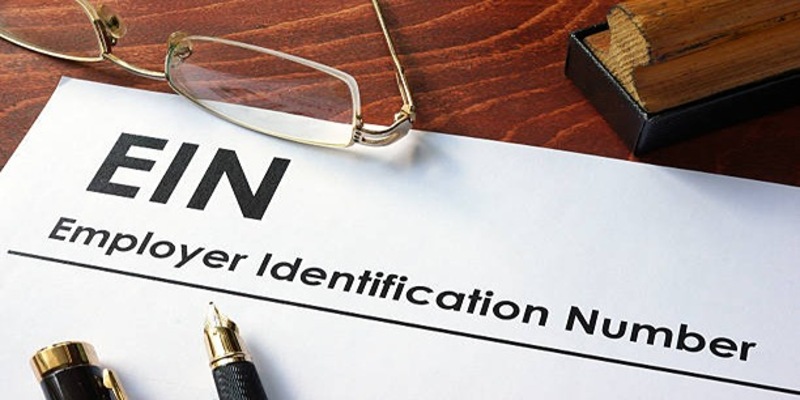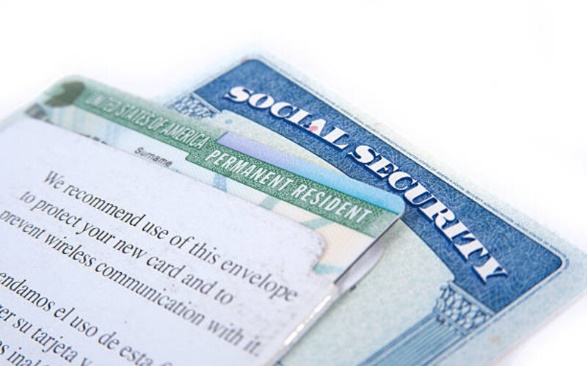
Each business entity in the United States is identified by a unique number, just like individuals are recognized by their Social Security Number (SSN). For businesses, this identifying number is the Employer Identification Number (EIN), a fundamental asset for any company conducting operations within the country. On the other hand, an Individual Taxpayer Identification Number (ITIN) is a tax processing number issued by the Internal Revenue Service (IRS) for certain individuals who are obliged to have a U.S. taxpayer identification number but do not have, and are not eligible to obtain an SSN. Understanding the purpose, differences, and usage of these identifiers is vital for any business owner. This guide aims to demystify these concepts and provide you with the necessary knowledge to navigate the U.S. tax system effectively.
Understanding EIN (Employer Identification Number)

An Employer Identification Number (EIN) is a nine-digit number issued by the IRS to businesses for federal tax purposes. It is also commonly referred to as a Federal Tax Identification Number (FEIN). EINs are used to identify a business entity, similar to how an SSN identifies an individual.
Every business that has employees, operates as a corporation or partnership, or withholds taxes in any form, is required to have an EIN. Even if your business does not fall under these categories, it is still recommended to obtain an EIN as it can be used for various legal and financial purposes.
How to apply for an EIN?
You can apply for an EIN online through the IRS website or by mail. The online application process is quick and straightforward, and you will receive your EIN instantly upon completion of the application. If you choose to apply by mail, it may take up to four weeks for you to receive your EIN.
When applying for an EIN, you will need to provide basic information about your business, such as its legal name, structure, and address. You will also need to have a responsible party designated, which is the individual authorized to receive official correspondence from the IRS.
Usage of EIN
An EIN is used for various purposes, including:
- Filing tax returns: All businesses that are required to file federal tax returns must use their EIN on all forms and documents submitted to the IRS.
- Hiring employees: An EIN is necessary for hiring employees, paying their wages, and withholding and paying taxes on their behalf.
- Applying for business licenses and permits: Some states and local jurisdictions may require an EIN when applying for business licenses and permits.
- Building business credit: An EIN is necessary to establish business credit, which is essential for securing loans and financing for your business.
- Legal purposes: An EIN may be required for various legal purposes, such as applying for a trademark or filing bankruptcy.
Understanding ITIN (Individual Taxpayer Identification Number)
An Individual Taxpayer Identification Number (ITIN) is a tax processing number issued by the IRS to individuals who are obligated to have a U.S. taxpayer identification number but do not have and are not eligible to obtain an SSN. ITINs are used for tax purposes only and do not authorize an individual to work in the United States.
Who needs an ITIN?
Individuals who are not eligible for an SSN but have a tax filing requirement, such as non-resident aliens, foreign students, and dependents of U.S. citizens or residents, are required to obtain an ITIN.
How to apply for an ITIN?
You can apply for an ITIN by completing Form W-7 and submitting it to the IRS along with required documents that prove your identity and foreign status. You can also submit your application through an IRS-authorized Acceptance Agent or at certain Taxpayer Assistance Centers.
Usage of ITIN
An ITIN is used exclusively for federal tax reporting purposes. It cannot be used for any other purpose, such as opening a bank account or obtaining a driver's license. However, it does allow individuals to comply with their tax obligations in the United States and claim certain tax benefits.
Understanding SSN (Social Security Number)
A Social Security Number (SSN) is a nine-digit number issued to U.S. citizens, permanent residents, and temporary (working) residents by the Social Security Administration. It is used for various purposes, including taxation, social security benefits, and employment.
An SSN is required for individuals to work in the United States.
How to obtain an SSN?
U.S. citizens and permanent residents can obtain an SSN by applying at a Social Security Administration office with required documents that prove their identity, age, and citizenship or immigration status. Non-citizens who are authorized to work in the United States can also apply for an SSN.
Usage of SSN
An SSN is used for various purposes, including:
- Employment: An SSN is required for individuals to work in the United States. Employers use it to report employee's wages and withhold and pay taxes on their behalf.
- Social security benefits: An SSN is also used to track an individual's earnings for social security purposes. It is necessary to receive retirement, disability, and survivor benefits.
- Tax purposes: An SSN is required to file federal tax returns and claim certain tax benefits.
- Obtaining credit: Lenders use an individual's SSN to check their credit history and determine creditworthiness when applying for loans or mortgages.
- Applying for government benefits: Some government programs, such as Medicaid and unemployment benefits, require individuals to provide their SSN.
Comparing EIN, ITIN, and SSN

All three numbers serve different purposes and are issued by different agencies. EINs are issued by the IRS for businesses, ITINs are issued by the IRS for individuals who have tax filing requirements but cannot obtain an SSN, and SSNs are issued by the Social Security Administration for U.S. citizens, permanent residents, and authorized non-citizens.
EINs, ITINs, and SSNs are all nine-digit numbers and are used for identification purposes. However, an EIN is used for business-related activities, while an ITIN and SSN are primarily used for tax and employment purposes.
If you have a business or plan to hire employees in the United States, you will need an EIN. If you are a non-resident alien with a tax filing requirement, you will need an ITIN to comply with your tax obligations. And if you are a U.S. citizen or permanent resident, you will have an SSN for various purposes, including taxation and employment. So, it is essential to understand the differences between these numbers and their specific usage to ensure compliance with federal regulations.
Conclusion
Understanding the concept of EIN, ITIN, and SSN is crucial for any business owner. These numbers play a significant role in taxation and various legal and financial processes. It is essential to obtain the correct identification number for your business or individual needs to comply with legal requirements and ensure smooth operations. If you are unsure about which identification number is right for you, consult with a tax professional or visit the IRS website for more information. So, make sure to keep these numbers secure and use them wisely for their intended purposes.



